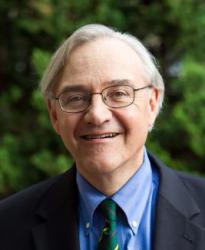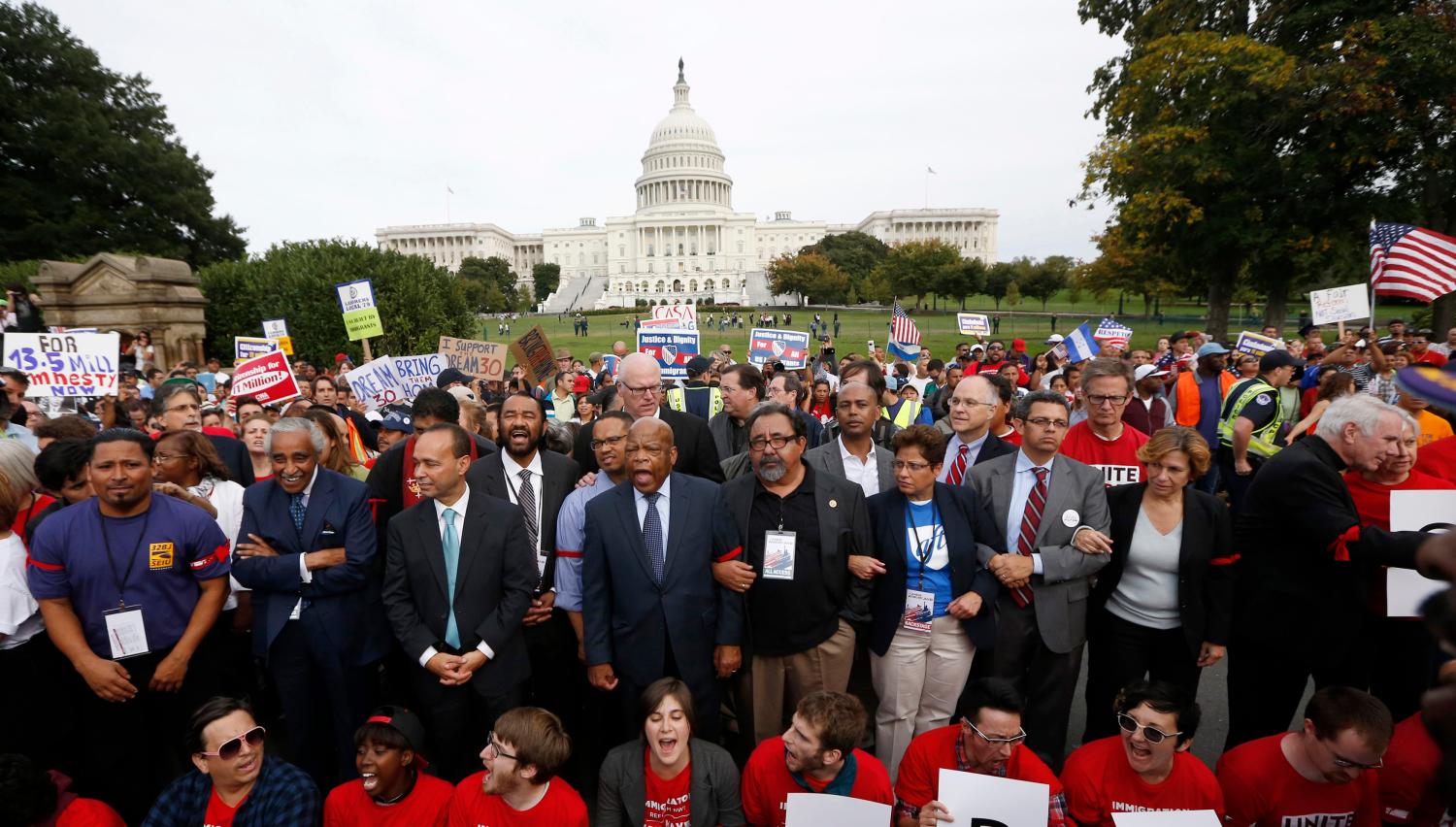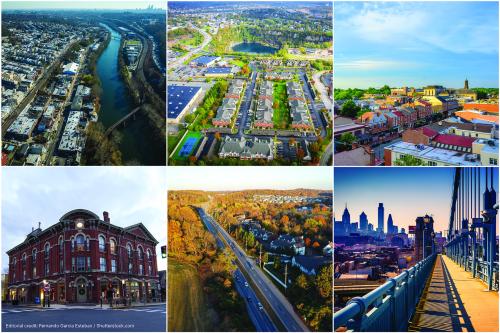Religious voices have played an essential role throughout American history, inspiring and animating many movements for social reform. Today, with rising income inequality, declining social mobility, and the persistence of poverty, there is wide room for social action. Authors E.J. Dionne, Jr., William A. Galston, Korin Davis, and Ross Tilchin argue that economic justice should be the focus of today’s progressive religious movement.
“Faith In Equality: Economic Justice and the Future of Religious Progressives” details the challenges and opportunities religiously-affiliated progressives face in building a movement for economic justice. Among the challenges are:
- Growing secularization, particularly among the young;
- Divisions between religious and secular Americans;
- The difficulty of advocating for policies based on moral conviction in a political environment governed by quid pro quo deal-making;
- And weakened infrastructure and diminished funding.
Despite these challenges, religious voices will remain indispensable to movements on behalf of the poor, the marginalized, and middle-class Americans. The authors point to specific opportunities the progressive religious movement can act on:
- Create a new narrative based on the popular and widely held notion of the “common good” and on economic justice as a means of strengthening families;
- Build bridges with conservative people of faith who are engaged in action for social justice globally, and with secular partners, who share very similar views on economic questions;
- Use the model offered by the civil rights movement of the 1950s and ‘60s, a movement that combined religious and civic themes, was racially, ethnically and generationally diverse, was accepting of the realities of power but focused on persuasion, not simply the defeat of adversaries.
The Brookings Institution is committed to quality, independence, and impact.
We are supported by a diverse array of funders. In line with our values and policies, each Brookings publication represents the sole views of its author(s).





